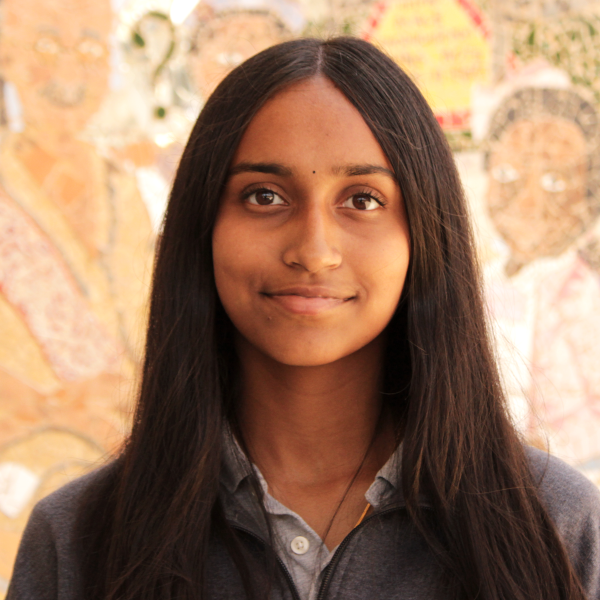On Aug. 8, Roblox YouTuber Schlep received a cease-and-desist letter from Roblox, a children’s gaming hub, claiming his predator-catching videos “simulated child endangerment.” Despite Roblox claiming it is “a safe, civil, and diverse community,” banning Schlep with the cease and desist represents their continued negligence with child safety, allowing their platform to devolve into a place for child exploitation.
Schlep is a YouTuber known for posting videos following his predator-catching operations, where he impersonates a minor to expose offenders on the platform. He received the letter because Roblox’s Terms of Service disallow “engaging in sexually explicit conversations,” which was what Schlep did to catch predators. Schlep defended his methods, arguing they mirrored the ones used by the FBI. Roblox, however, pointed to their vigilante guidelines, suggested reporting any activity to them. Schlep stated he had contacted both local authorities and Roblox, who didn’t respond.
Other content creators have spoken up, criticizing Roblox’s actions in the situation.
“You think they’d be more worried about the activity that you’re exposing. Worry about that, number one, and then you can have a conversation with Schlep…” content creator Chris Hansen said about Schlep’s Aug. 22 video.
In response, Roblox and its CEO David Baszucki have defended their actions with additional guidelines and statements, explaining it is unsafe to go out and catch predators. While their statement is true, if Roblox’s moderation was sufficient to keep predators out in the first place, the community wouldn’t have to do it themselves. Even with “a zero tolerance policy for the exploitation of minors” and an in-game report system, Roblox still struggles to keep children safe. Instead of tightening their moderation by informing children and blocking predatory messages, they chose to focus on Schlep.
Already, Roblox is banned in several countries like Qatar, Turkey, and China due to child safety concerns. Meanwhile, other officials in the U.S. are either suing or creating petitions to ban or force Roblox to change.
On Aug. 28, Roblox updated their age restrictions from 17+ to 18+, making 18+ games invisible to younger audiences. Yet, this is still inadequate as games geared towards younger or general audiences, even a therapy game, allow minors to be accessible to predators, according to Hindenburg Research. Roblox should prevent these interactions with harsher chat moderation and flagging preset lines that block users from chatting until moderators can personally check the chat logs and take action.
The Schlep Situation reveals a deeper societal issue with Roblox and other children’s games; Roblox’s moderation is too loose, leading to unsafe situations for children. To protect children and the integrity of their platform, Roblox needs to respond to reports and hold everyone accountable with tighter moderation and monitored chats. At the end of the day, Roblox is meant to be a child-friendly platform — not a place for child exploitation.

























































